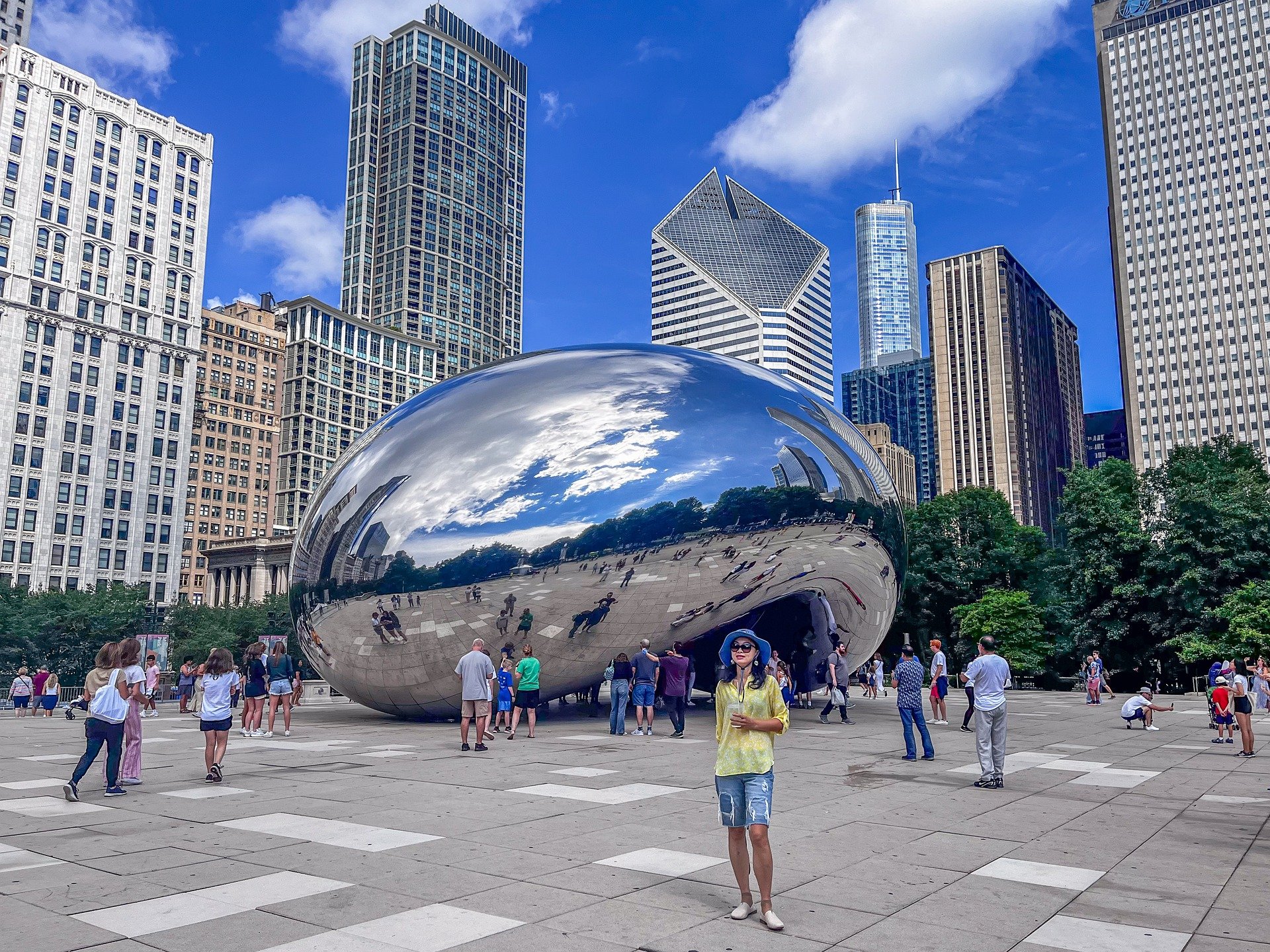Dissecting Eco-Anxiety: The Environmental Concern Reshaping Our Society
A new wave of anxiety is sweeping across the globe, rooted not in personal troubles but in a collective concern for our planet's future. This is eco-anxiety, a cultural phenomenon that is shifting how we perceive our place in the world. Read below to delve deeper into this emerging issue.

The Genesis of Eco-Anxiety
Eco-anxiety, a term first coined in 2011, is a form of psychological distress caused by the existential threat of environmental degradation. It’s not a clinical disorder, but a very real response to the perceived environmental catastrophe. This fear for our world’s future has its roots in the increasing visibility of climate change and its catastrophic consequences, amplified by media coverage and scientific reports.
The Societal Impact of Eco-Anxiety
The rise of eco-anxiety is not just an individual concern, but a collective one that is reshaping society in profound ways. It’s influencing political discourse, with the emergence of green parties and climate-focused policies. It’s also affecting consumer behavior, as people seek to align their purchasing decisions with their environmental principles. Moreover, it’s shaping our cultural narratives, featuring prominently in literature, film, and art.
The Cultural Shifts Induced by Eco-Anxiety
Eco-anxiety is also driving significant cultural shifts. It’s encouraging a greater connection to nature and promoting a shift away from consumerism towards more sustainable ways of living. It’s fostering a sense of global citizenship, as people recognize that climate change is a shared problem that transcends national borders. Furthermore, it’s catalyzing a new youth movement, with young activists like Greta Thunberg inspiring millions around the world to take action.
The Implications of Eco-Anxiety
While eco-anxiety can be distressing, it also has the potential to be a powerful catalyst for change. It can motivate individuals and societies to take action to mitigate climate change, from reducing carbon footprints to advocating for policy change. However, it’s crucial that this anxiety is channeled constructively, to prevent it from leading to feelings of helplessness or despair.
Navigating Eco-Anxiety and Shaping a Sustainable Future
Dealing with eco-anxiety involves acknowledging the validity of these fears while also focusing on what can be done to address them. This may involve personal actions like adopting a more sustainable lifestyle, or collective actions like joining climate advocacy groups. Ultimately, managing eco-anxiety is about transforming fear into action, and using this as a catalyst to build a more sustainable future.
In conclusion, eco-anxiety is more than just a personal response to the environmental crisis. It’s a societal phenomenon that’s reshaping our collective consciousness and influencing our behavior, culture, and politics. By acknowledging and constructively managing these anxieties, we can turn our fears into a driving force for positive change.






